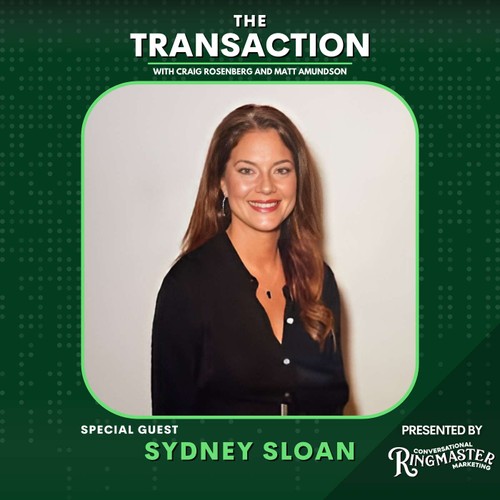
 The Transaction
The Transaction Unlocking Strategic Marketing with Sydney Sloan - The Transaction - Ep # 18
11 snips
Aug 1, 2024 Sydney Sloan, former CMO of Drata and newly appointed CMO of G2, shares her expertise on modern marketing strategies. She discusses the evolution from account-based to segment-based marketing, emphasizing data triangulation for better targeting. Clean data and strong branding take center stage, complemented by effective use of digital channels like LinkedIn. Sloan also highlights the growing importance of live events and the necessity of focusing on a few impactful segments rather than spreading efforts too thin. Personal anecdotes add a relatable touch to her insights.
Chapters
Transcript
Episode notes
1 2 3 4 5 6
Intro
00:00 • 2min
Evolving Marketing Strategies: From ABM to PLG
01:31 • 23min
Navigating Strategic Marketing in a Competitive Landscape
24:46 • 5min
Maximizing Brand Impact Through Strategic Event Marketing
29:54 • 6min
Marketing Platforms: LinkedIn vs. Google
35:38 • 8min
Recap of Actionable Marketing Strategies
43:55 • 3min
